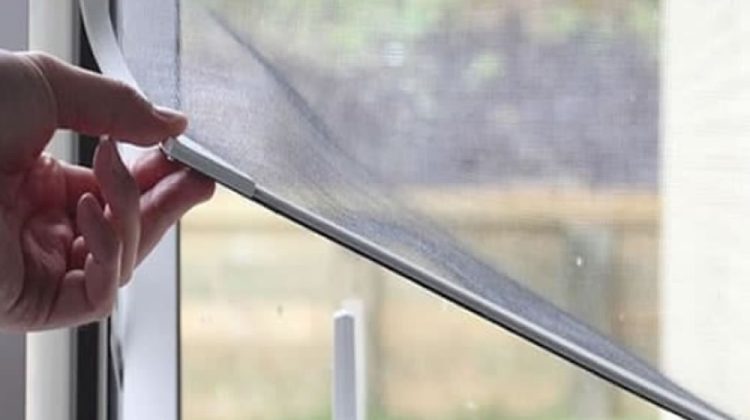
Insect screens, commonly found in both commercial and residential settings, are versatile tools that offer numerous benefits beyond keeping unwanted bugs out. Whether used in homes or businesses, these screens provide solutions to various challenges and contribute to improved comfort, health, and sustainability. In this article, we explore the diverse applications and advantages of insect screens in both commercial and residential environments.
Residential Applications
1. Pest Control
The primary purpose of insect screens in homes is to prevent pests like mosquitoes, flies, and insects from entering living spaces. They create a barrier that keeps these nuisances out while allowing residents to enjoy natural ventilation.
2. Allergen Reduction
Insect screens also play a role in reducing allergens. By keeping outdoor allergens, such as pollen and dust, at bay, they help allergy sufferers breathe easier and experience fewer symptoms.
3. Energy Efficiency
In residential settings, insect screens promote energy efficiency. They enable natural ventilation, reducing the need for air conditioning in hot weather and helping maintain comfortable indoor temperatures year-round.
4. Improved Comfort
By keeping pests out and allowing fresh air in, insect screens enhance the comfort of living spaces. Residents can enjoy a bug-free, well-ventilated environment without the hassle of constantly using chemical pesticides.
5. Health Benefits
Insect screens contribute to better health by reducing the risk of vector-borne diseases. They prevent disease-carrying insects from entering homes, protecting residents from infections.
6. Privacy and Security
Insect screens also provide an added layer of privacy and security. They allow residents to keep doors and windows open without compromising their safety or privacy.
7. Sustainability
Using insect screens aligns with sustainable living practices. They reduce energy consumption, lower greenhouse gas emissions, and minimize the environmental impact associated with chemical pest control methods. Visit for Insect Screens supplier.
Commercial Applications
1. Food Service
In commercial food service establishments, insect screens are essential for maintaining hygiene and food safety. They keep flies and insects away from food preparation areas, ensuring compliance with health and safety regulations.
2. Healthcare Facilities
In healthcare facilities, insect screens help maintain a sanitary environment. They prevent pests from entering hospitals, clinics, and nursing homes, where infection control is critical.
3. Hotels and Resorts
The hospitality industry benefits from insect screens by offering guests a comfortable and bug-free experience. These screens enhance guest satisfaction and protect reputations.
4. Office Buildings
In office buildings, insect screens support a pleasant and productive work environment. They allow natural ventilation, reducing reliance on energy-intensive climate control systems.
5. Retail Spaces
Insect screens in retail spaces help create a welcoming atmosphere. Customers can enjoy shopping without the intrusion of pests, leading to better customer experiences.
6. Educational Institutions
Educational institutions, such as schools and universities, use insect screens to ensure a healthy and productive learning environment. Screens reduce the risk of diseases transmitted by insects.
7. Greenhouses
In agriculture, insect screens are employed in greenhouses to protect crops from pests while allowing the necessary sunlight and ventilation for plant growth.
In conclusion, insect screens are versatile tools with applications in both commercial and residential settings. They provide solutions to common challenges, from pest control and energy efficiency to health and comfort improvements. Whether in a home or a business, insect screens contribute to creating more pleasant, healthier, and sustainable environments. Their adaptability makes them a valuable addition to a wide range of settings, enhancing the quality of life for residents and the success of businesses alike.

Leave a Reply